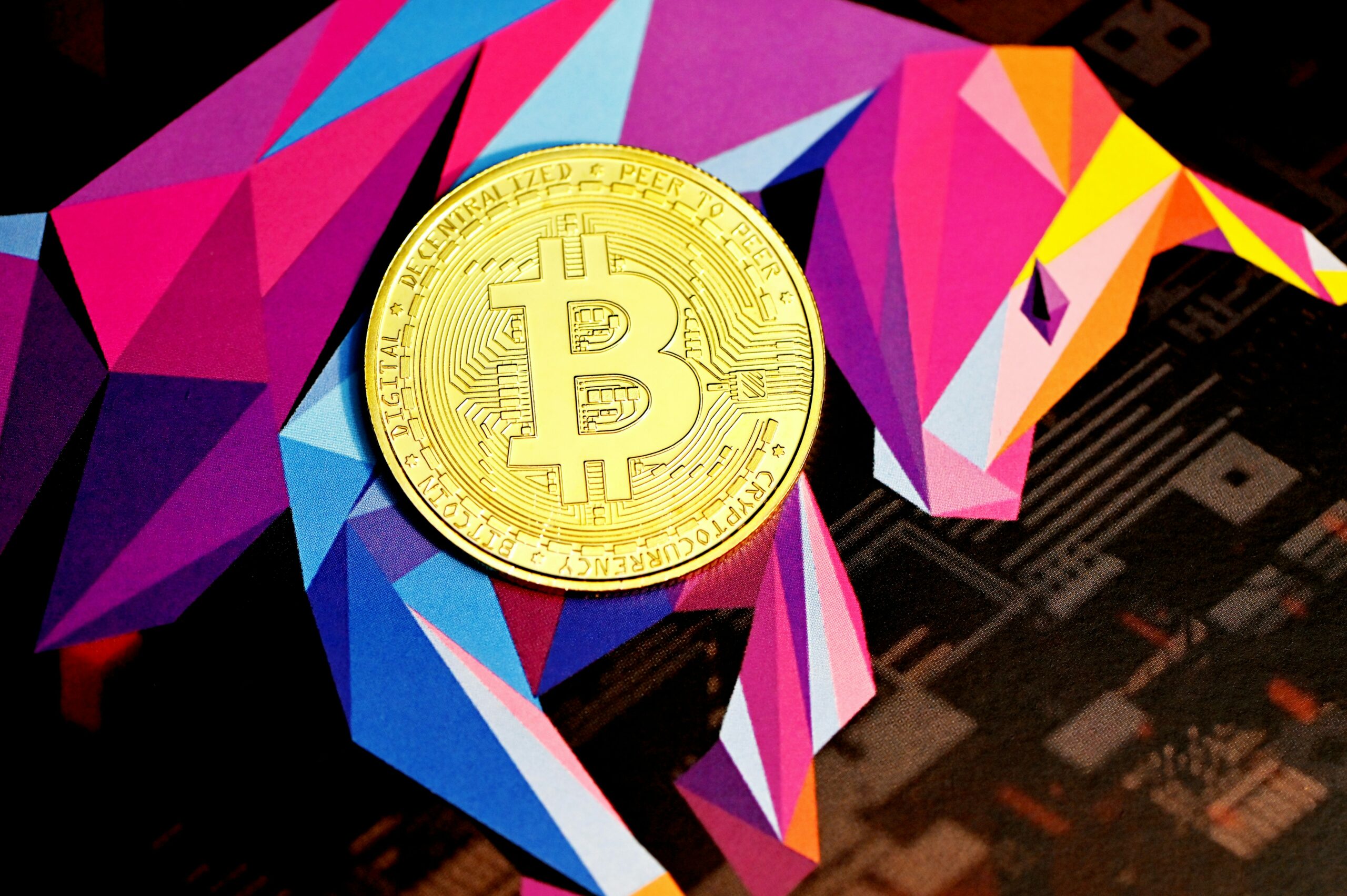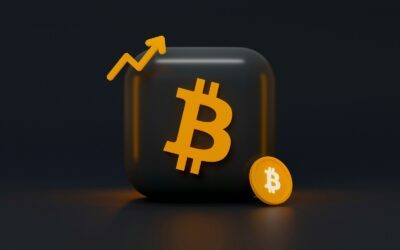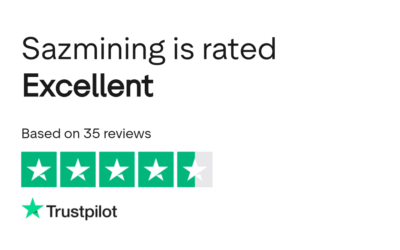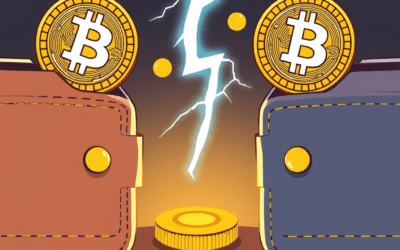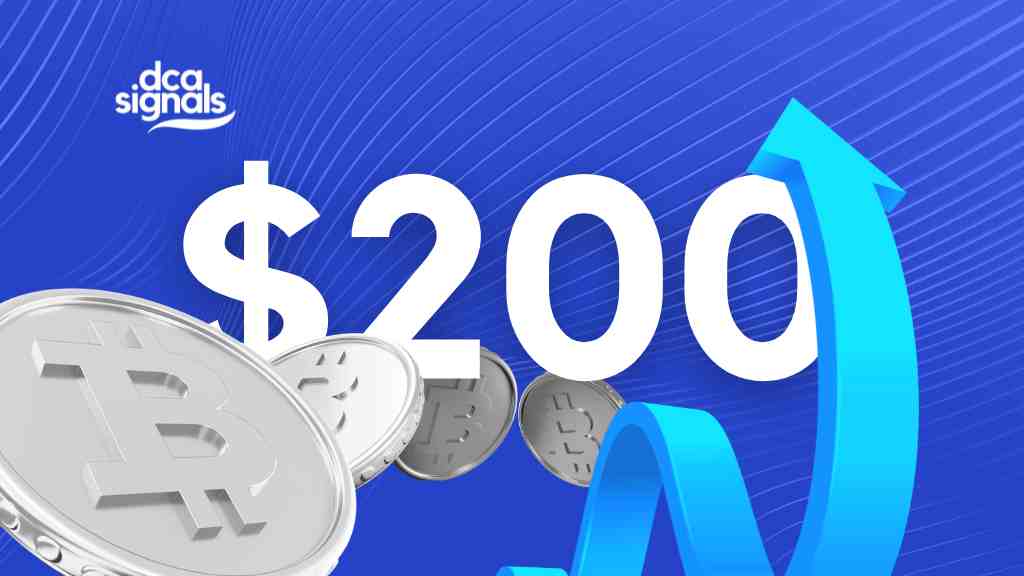In the realm of alternative investments, few have garnered as much attention and controversy as bitcoin. Since its inception in 2009, bitcoin’s potential has evolved from a niche digital currency to a mainstream asset class, attracting investors, traders, and speculators alike.
One of the most hotly debated topics surrounding bitcoin’s potential to challenge gold as a store of value. While gold has been considered a reliable store of wealth for millennia, bitcoin’s emergence as a digital counterpart has raised questions about its ability to compete with the precious metal.
Key-Points
- Unlike fiat currencies, which can be devalued by governments through inflationary monetary policies, gold maintains its purchasing power over time.
- Unlike traditional currencies, which are controlled by central authorities such as governments and central banks, bitcoin is governed by a consensus mechanism that relies on cryptographic principles to validate and secure transactions.
- Despite these criticisms, bitcoin’s proponents remain bullish on its long-term prospects as a store of value.
Índice
The Historical Significance of Gold
Gold has long been cherished for its intrinsic value, scarcity, and history as a safe haven asset. For centuries, civilizations have treasured gold for its beauty and rarity, using it as a medium of exchange and a store of wealth. Unlike fiat currencies, which can be devalued by governments through inflationary monetary policies, gold maintains its purchasing power over time. Its limited supply and tangible properties have made it a preferred asset for investors seeking to hedge against economic uncertainty and preserve capital.
Bitcoin’s Potential: The Digital Gold Narrative
Bitcoin, on the other hand, is a relatively new entrant to the financial landscape. Created by an anonymous individual under the pseudonym Satoshi Nakamoto, bitcoin is a decentralized digital currency that operates on a peer-to-peer network known as the blockchain. Unlike traditional currencies, which are controlled by central authorities such as governments and central banks, bitcoin is governed by a consensus mechanism that relies on cryptographic principles to validate and secure transactions.
Scarcity and Decentralization
One of bitcoin’s primary value propositions is its fixed supply. Unlike fiat currencies, which can be printed at will by central banks, bitcoin has a predetermined issuance schedule that caps the total supply at 21 million coins. This scarcity is reminiscent of gold’s finite supply, leading many proponents to view bitcoin’s potential as “digital gold.” Advocates argue that bitcoin’s scarcity and decentralization make it an attractive store of value, especially in an era of unprecedented monetary stimulus and currency debasement.
Institutional Adoption and Mainstream Acceptance
In recent years, bitcoin’s potential as an investment asset has gained traction, attracting institutional investors, hedge funds, and corporations seeking to diversify their portfolios and hedge against inflation. High-profile endorsements from the likes of Paul Tudor Jones, Stanley Druckenmiller, and MicroStrategy CEO Michael Saylor have further legitimized bitcoin as a legitimate asset class. As a result, bitcoin’s market capitalization has soared, surpassing $1 trillion at its peak and outperforming traditional assets such as stocks, bonds, and commodities.

Challenges and Criticisms
While bitcoin’s meteoric rise has captured the imagination of investors, skeptics argue that it lacks the tangible properties and historical track record of gold. Unlike gold, which has been revered for thousands of years, bitcoin’s relatively short history leaves it vulnerable to volatility and regulatory uncertainty. Critics also point to bitcoin’s potential weakness in its digital nature, citing concerns about cybersecurity, regulatory scrutiny, and technological obsolescence.
Bitcoin’s Strengths and Opportunities
Despite these criticisms, bitcoin’s proponents remain bullish on its long-term prospects as a store of value. They argue that bitcoin’s digital nature is a strength rather than a weakness, offering advantages such as portability, divisibility, and censorship resistance. Bitcoin’s decentralized architecture also makes it immune to government censorship and confiscation, providing a level of financial sovereignty that is unparalleled in traditional financial systems.
The Digital Gold Rush
While gold has long reigned supreme as the ultimate store of value, bitcoin’s emergence as a digital alternative has disrupted the status quo. With its fixed supply, decentralized architecture, and growing adoption, bitcoin has the potential to challenge gold’s dominance as a store of wealth. While bitcoin still faces challenges and uncertainties, its proponents remain optimistic about its long-term prospects. Whether bitcoin’s potential will ultimately usurp gold as the preferred store of value remains to be seen, but one thing is clear: the digital gold rush is well underway, and bitcoin is leading the charge.

